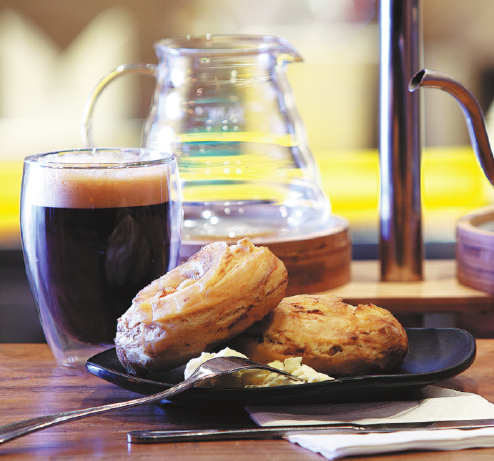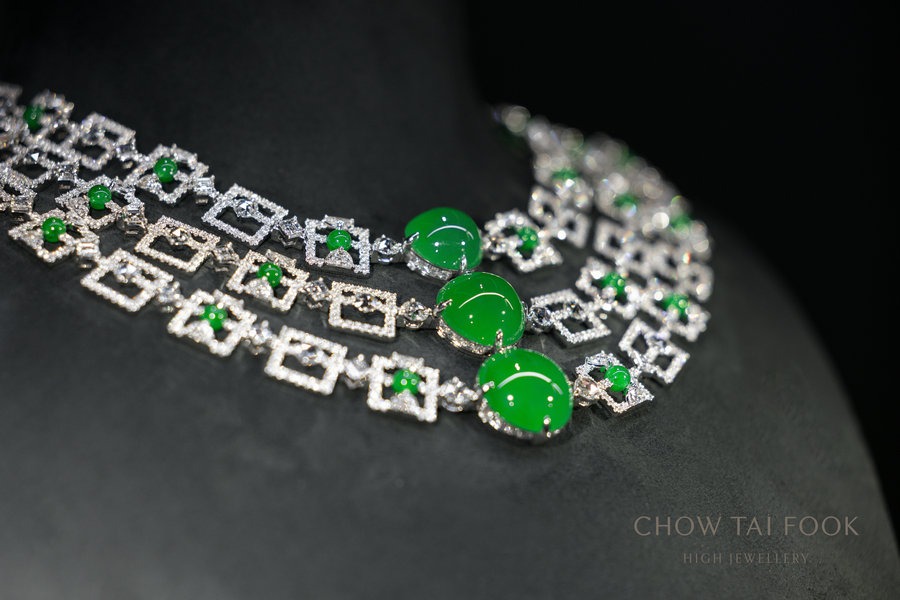Coffee culture comes to the boil in Shanghai


Outlets locked in fierce battle for business in prime areas
Canadian coffee chain Tim Hortons opened its first store in China on Feb 26, joining a fast-expanding market that already had dozens of competitors.
The outlet, in Shanghai's Huangpu district, is the brand's 4,580th in the world and is the result of an exclusive master franchise agreement with New York private equity outfit Cartesian Capital Group.
While Tim Hortons is still relatively unknown in China, Cartesian Capital Group is no stranger to the country. In 2012, it became one of the key players behind the further expansion of the Burger King fastfood brand on the Chinese mainland.
In addition to classic offerings such as the Double Double, a coffee with two creams and two sugars, the Shanghai outlet serves a selection of light snacks exclusive to the Chinese market, such as salted egg yolk timbits and black pepper beef-flavored rolls.
Lu Yongchen, Tim Hortons China CEO, said: "I don't think we are very late to the game. China is a big market with huge potential. Chinese customers only consume an average of five cups of coffee per year. In cities such as Shanghai, consumers drink about 20 a year, but this is still much lower than in places such as Europe, the United States, South Korea and Japan."
According to industry experts, Shanghai is the epicentre of China's burgeoning coffee culture.
Mark Tanner, managing director in Shanghai for marketing and research agency China Skinny, cites three reasons why most companies choose the city to first enter the Chinese market.
"First, Shanghai has historically been the most outward-looking city in China, and as coffee is an 'imported habit', people from the city were always going to be the most likely to adopt it en masse.
"Second, the influence of expatriates in Shanghai cannot be understated. In the time I have lived in the city, I've seen a number of foreign trends gaining exposure through expats, and many locals adopting and tailoring them to their own needs," Tanner said.
"Third, coffee isn't cheap in China, but given Shanghai's affluence and willingness to spend on leisure and food and beverages, people are less put off by the cost."




































